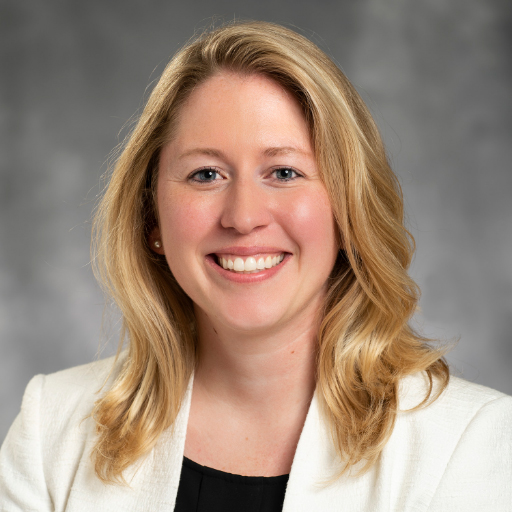Preparing Leaders in Public Health
A graduate degree from Rollins School of Public Health prepares you for real-world research and practice in public health. Rollins alumni become nationally and internationally recognized leaders for improving public health across the globe. Recently, alumni have been on the front-lines responding to the COVID-19 pandemic. Learn about select alumni leading the way in responding to the pandemic, click here to read.
Request information about Rollins programs, academics and more.
Loading...
Hear from other Rollins alumni COVID-19 response workers:
I’m a Chief Resident in Pediatrics at the University of Minnesota and joined the CDC’s EIS program in July 2020. During the first months of the pandemic I have been taking care of children in the hospital and working to transition our pediatric teams to care for adult patients. My public health training has been an incredible asset; it seems every day I find myself using the tools I learned at Emory in new and unexpected ways.

Heidi Moline
10PH
I have been supporting the contact tracing efforts in Singapore by managing the various data inflows. Our data helps inform policy makers’ decision-making and keeps the public aware of the local COVID situation. The work is challenging and ever-evolving, but allows me to make the public health impact I envisioned when I applied for a place in Rollins!

Cheryl Francis-Tan
07C 14PH
Interested in a PhD in public health? Click here to learn about programs.
Why Rollins?
Top Three. Ranked #3 graduate school of public health by U.S. News & World Report. Scholarship Opportunities. Numerous merit, mission-driven, and need-based scholarships are awarded annually. Apply by Jan. 5th for merit scholarship consideration. - Internationally Renowned Research. Rollins is home to 27 centers for innovative research and training. Located in the public health capital of the world, Atlanta.
- Prominent Faculty. 100% researchers are faculty.
- Career Launching. Nearly 90 percent of students secure jobs or continue their education within 12 months of graduation.

